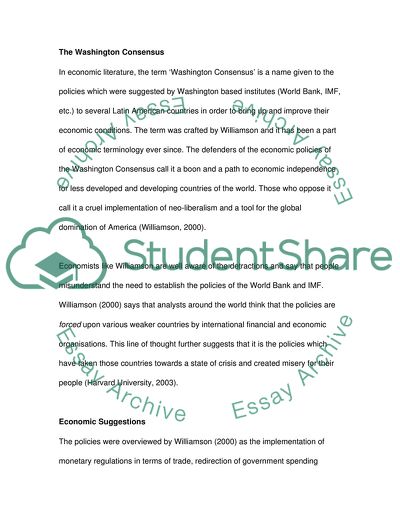Cite this document
(“World Bank and IMF Policies in Developing Countries Essay”, n.d.)
World Bank and IMF Policies in Developing Countries Essay. Retrieved from https://studentshare.org/macro-microeconomics/1537356-world-bank-and-imf-policies-in-developing-countries
World Bank and IMF Policies in Developing Countries Essay. Retrieved from https://studentshare.org/macro-microeconomics/1537356-world-bank-and-imf-policies-in-developing-countries
(World Bank and IMF Policies in Developing Countries Essay)
World Bank and IMF Policies in Developing Countries Essay. https://studentshare.org/macro-microeconomics/1537356-world-bank-and-imf-policies-in-developing-countries.
World Bank and IMF Policies in Developing Countries Essay. https://studentshare.org/macro-microeconomics/1537356-world-bank-and-imf-policies-in-developing-countries.
“World Bank and IMF Policies in Developing Countries Essay”, n.d. https://studentshare.org/macro-microeconomics/1537356-world-bank-and-imf-policies-in-developing-countries.


